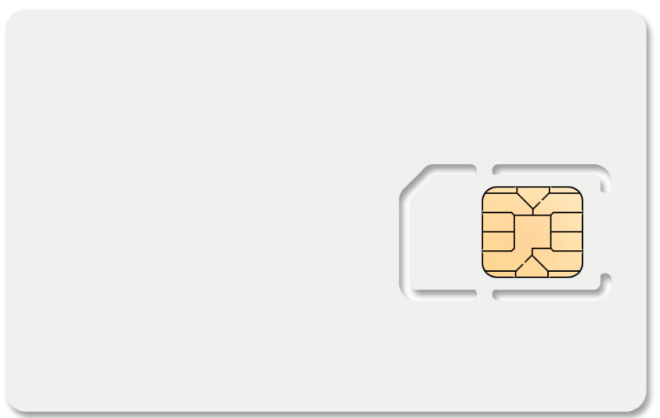Will the U.S. ever go truly Un-carrier?
Over the past year T-Mobile’s making moves we never expected to see in the U.S. market. Getting rid of contract plans, selling phones for $0 down, getting rid of overages, roaming charges and a heck of a lot more. It is almost certainly the Un-carrier in the sense that it’s removing pain points that’ve been part of the industry so long. These moves have made it one of the most popular carriers in the States, adding more subscribers than most of its competition and expanding coverage at ridiculous pace. It’s the one to watch.
But, it’s still a carrier. And that can’t change. But maybe the U.S. can.
Over in the Netherlands just last month, the government approved the use of carrier-free SIM cards. Although there are none on sale just yet, the legalization paves the way for future development. What it means is you can buy your device unlocked, with the SIM card included, and then choose your own carrier, and change it when you see fit without having to change your phone number or swapping out your SIM. The news piece got my brain ticking, thinking about the possibilities and freedom in a world where carriers can’t tie you down in any way at all.
Another way is Apple’s way. Back in 2010, the iPhone-maker attempted to create its own carrier-free SIM that would be embedded inside the iPhone. And – as we know – Apple likes to give carriers as little control as possible. Sadly, government and regulatory bodies weren’t keen back then.
Before any of this could be made possible in the U.S., there are tons of stumbling blocks in the way. Firstly, there’s the issue of older network technologies still in place. Verizon and Sprint still use CDMA networks for 2G/3G connections, so if there was a carrier-free SIM in the States, it’d only be able to log on to AT&T or T-Mobile’s airwaves for anything that isn’t LTE. And then there’s the FCC and Department of Justice. Both parties would have to see the move as something beneficial to the U.S. consumer. Both would also have to ignore pressure from carriers who would surely lobby against a move to make it legal.
I need not remind you this is all entirely hypothetical as far as the States goes. But it’s a reality abroad and isn’t completely impossible.
Once you get over the legal and technical challenges, there’s another to consider: Consumer habit. Customers are used to going in to stores, signing up to a monthly plan of some kind and walking out having either paid $0 up front, or around $199. The price of the handset – until last year – was always something hidden from the customer. It was unreal the number of people with the mentality that the phone “only” cost $200. When, in fact, the other $400 was hidden within the cost of the monthly plan.
With a true carrier-free arrangement, customers would need to buy their devices from a third party, and not a carrier retail store. They’d also need to know the full retail price. Something which isn’t alien to them anymore, thanks to the Un-carrier movement from T-Mo. At the same time, there aren’t many out there with the ability to stump up full retail cost up front, and so an EIP arrangement (similar to T-Mobile’s) would need to be made for purchasing. Something which many are familiar with when buying TVs, cars, white goods or other expensive products. In other words: It’s not completely alien. But, unlike the T-Mo method, you’re not forced to stay on with one carrier while the monthly payments are being made.
Imagine the situation: You’ve bought a phone with a carrier-free SIM and you happen to live in an area with great, fast T-Mobile LTE coverage. So you sign up to T-Mobile on a rolling monthly plan. But, you work away, or go to school in an area where Verizon is best, so you switch while you’re away and get back on T-Mo when you move back for break.
It saves the consumer from having to be “stuck” with any particular carrier, and gives them freedom to change if a particular network operator isn’t ideal. As an extra plus, carriers would be forced to compete in two areas that we all agree are most vital: Price and coverage.
What do you guys think? Would you welcome the legalization of carrier-free SIMs, or is that one step too far for you? Feel free to shout at me in the comments section.
News Via: CNET

